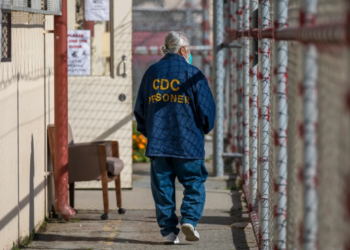Farmers of color across the country, who’d been promised debt cancelation as part of a special program to address racial disparity in lending, rejoiced when they received letters in 2021 in the mail that said their loans with the Agriculture Department would be canceled.
And then, for over a year, there was nothing.
Multiple lawsuits led by white farmers, who said the program discriminated against them for being white, stymied the race-targeted program.
The debt forgiveness was a congressional effort to help USDA make up for a history of discrimination. For decades, farmers of color have filed individual lawsuits, class action lawsuits and congressional testimony against the department. And for decades, rulings and reports have repeatedly concluded that USDA’s lending practices have been discriminatory.
Now, USDA is in the process of rolling out a second, newer, program passed by Congress as a part of the Inflation Reduction Act. But the $3.1 billion now appropriated as payments toward loans don’t just go to racial and ethnic minorities. They also go to some white farmers under a new category: “economically distressed.”
Economically distressed means farmers of any race who are behind on loan payments or on the brink of foreclosure.
And since this new program is now race-neutral, those who are particularly concerned about the disparate impact of lending practices on Black and other farmers of color say the move could hide the scope of the problem and lead to further disenfranchisement.
Farmers of color wonder if relief is being received as intended
In October, USDA began making automatic payments to the accounts of farmers…
Read the full article here







